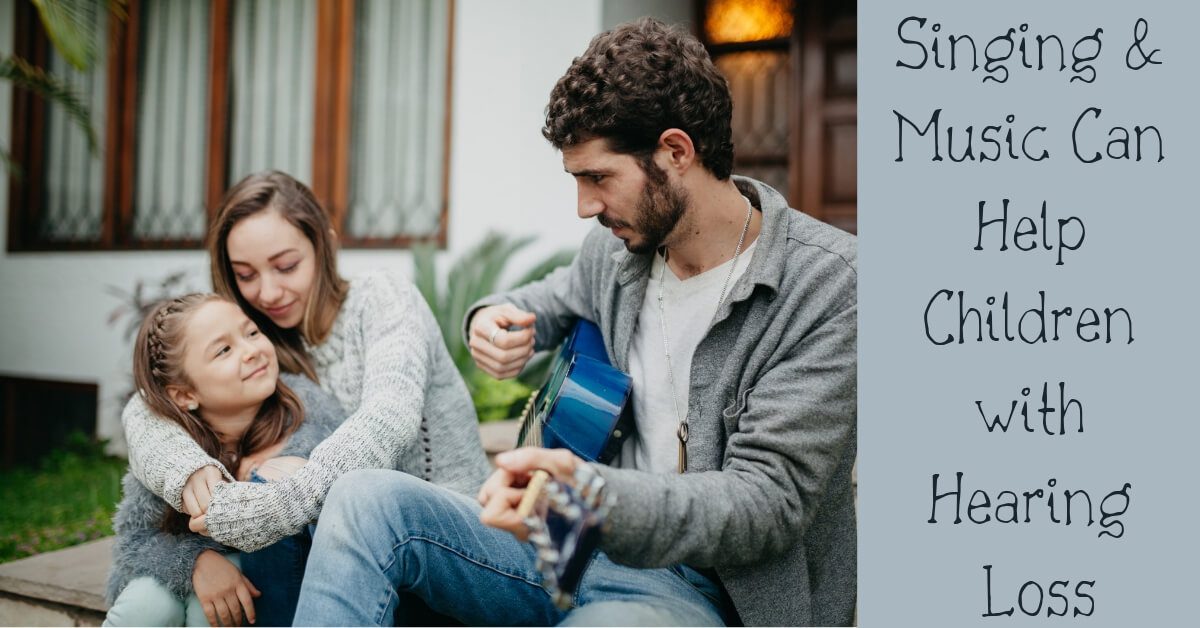All About Bluetooth Hearing Aids
Do you remember the hearing aids your parents or grandparents used to

By: admin | January 23, 2019
Reflect back on your last experience with music and consider the features that stand out in your memory. Although some of those aspects include the sounds that you heard—flowing melodic lines, evocative harmonic changes, or dynamic volume changes—the listening experience is not alone among the many ways that we experience music. Not only are the lyrics to songs meaningful textual memories, but the senses tend to work together to create the pleasure of music. Not only can we feel the vibrations of musical sound in our bodies, but we tend to associate the senses together in a single memory. If you have ever heard a song and recalled the image of a loved one’s face or even the smell of a room where you last heard that powerful melody, then you will understand how the senses can work together to create memories.
With an understanding that music is not only about listening, some researchers at the University of Helsinki and the University College London considered what effects music might have on those with hearing impairment. Anecdotally, we know that hearing-impaired people still enjoy going to concerts and experiencing the loud music at dance clubs. Yet, these researchers asked what effects music and singing might have on children who are hearing impaired, as well. Singing and playing instruments have been shown to assist auditory skills in children without hearing impairments, so the team wondered if the same might be true for children with cochlear implants. These children often had trouble identifying speech in noisy contexts, struggling to pick out voices from the surrounding ambient sound of a space. If music and singing were helpful to children without hearing impairments, the researchers asked if these activities might help children with cochlear implants pick out speech from noise, as well.
The results published in the journal Music Perception demonstrated that music and singing helped children with hearing impairments. 43 children—both those with and without hearing impairment—between the ages of 4 to 13 were enrolled in a study for 14 to 17 months. Out of the 21 children with cochlear implants, some were designated to a singing group while others were placed in a non-singing group. The children with cochlear implants all had the units for more than 30 months and demonstrated some difficulty discerning speech from noise. The ability to understand speech in a noisy place was determined by questionnaires with the children’s parents, as well as a laptop-assisted speech-in-noise test the children performed in a controlled environment. This test used two loudspeakers to perform a complex sound environment including speech, and the children’s comprehension was monitored. The results were striking to the researchers. Those children with cochlear implants who were enrolled in the singing group fared better in speech comprehension than those who did not take part in the singing group. Although this study was helpful to understand some of the benefits of music both for those who have hearing loss and cochlear implants, it also had some limitations. The study was not able to identify the specific mechanism by which speech recognition was improved. Furthermore, it was unclear which aspects of singing—music, language, vocal practice, or social interaction—caused the positive effect.
Further research will help us understand more about the relation between singing, music, and the experiences of hearing-impaired children. For instance, we might wonder if listening to music would be as beneficial as participating in creating music through singing. Similarly, the effects on adults and hearing-impaired people without cochlear implants remains to be seen. Although more research in the area will be beneficial to our understanding of the relationship between music and hearing, we know that there are powerful cognitive and sensory benefits to participating in musical activities. Perhaps attending concerts can have a benefit, as well. Although sounds are one aspect of the musical experience, the other senses, not to mention the social environment, have the power to stimulate and enliven a person, whether or not she or he is able to hearing the music being performed. Far beyond the technical aspects of music composition and theory, taking part in musicianship can have benefits for all involved.
If you want to find out how clear hearing can allow you to enjoy music, and reap it’s benefits for your ears and brain, visit us today at Orange Country Physicians’ Hearing Services for a consultation.

Do you remember the hearing aids your parents or grandparents used to
By: admin | August 7, 2022

Do you ever find yourself at the end of a long day only to be confronted
By: admin | August 7, 2022

How Common is Hearing Loss Many people might be shocked to learn how
By: admin | June 22, 2022
